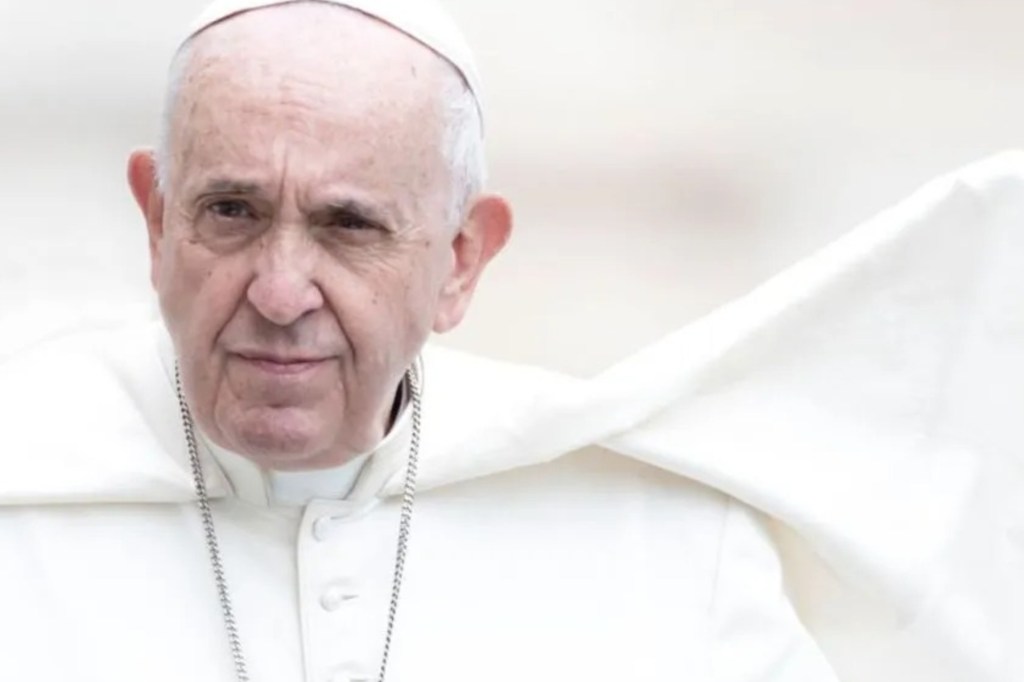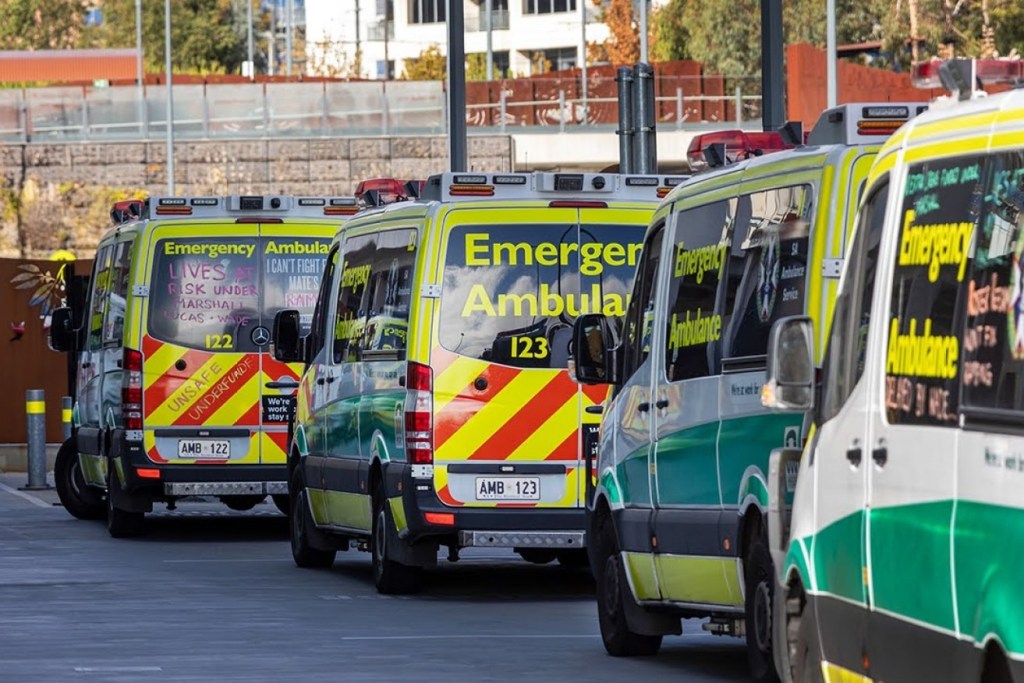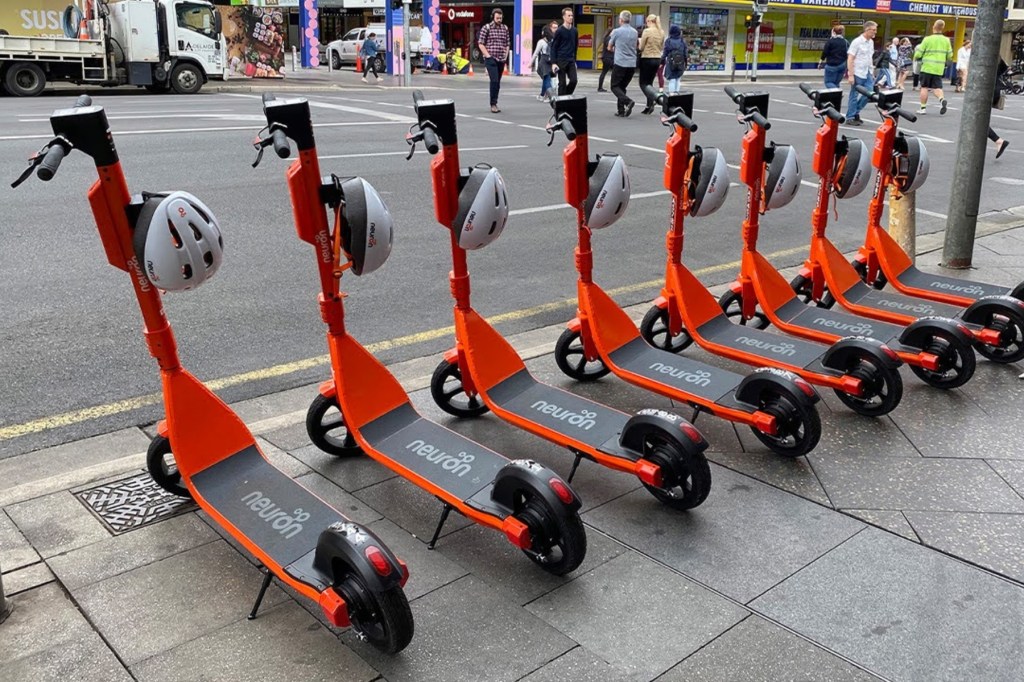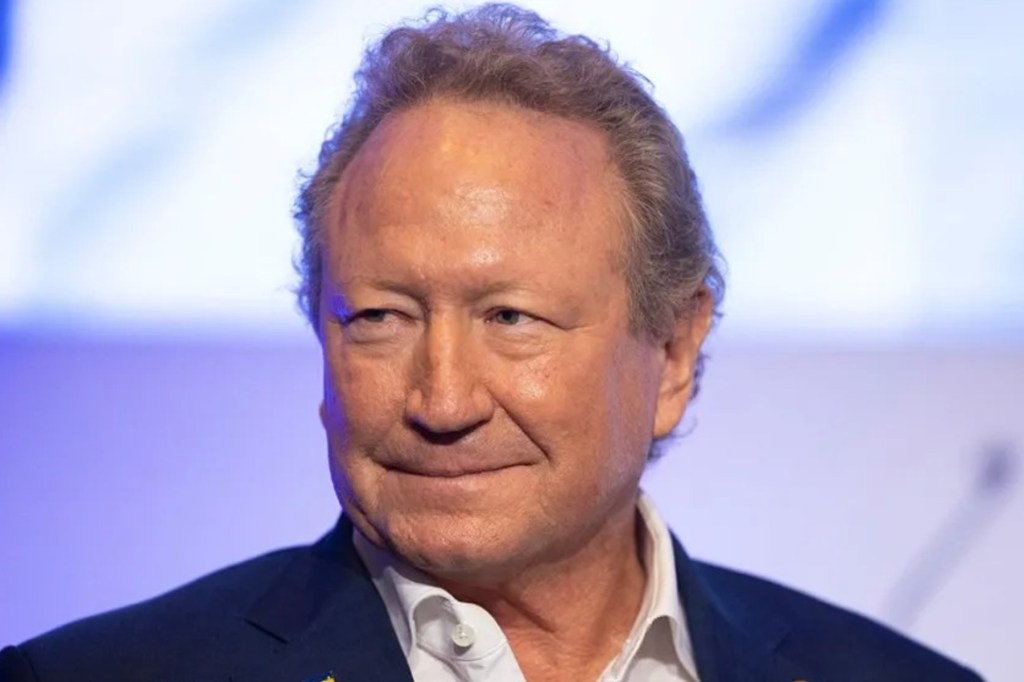Adelaide music festival on brink as industry struggles
A leading South Australian music promoter says a long-running festival’s July 2024 outing may have been the last.
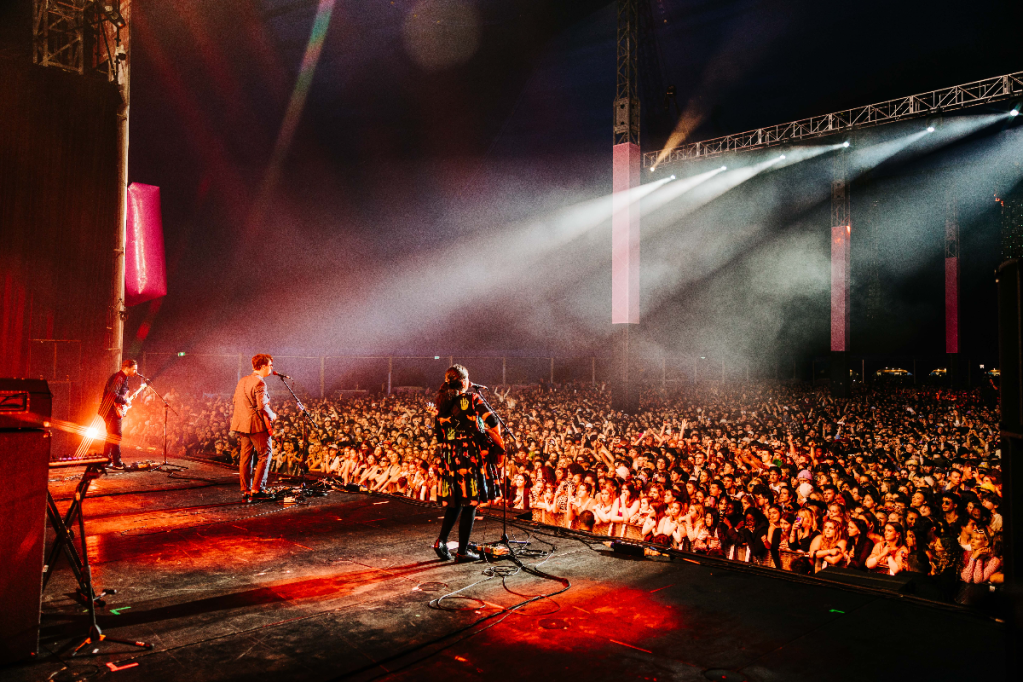
Five Four Entertainment director Craig Lock revealed the risk to the festival when he appeared before the Legislative Council’s Select Committee on Local and Live Creative Venues.
Lock said his music festival Spin Off, which has been running since 2012 and this year had Girl In Red, Conan Gray and G Flip headline, “might not continue”.
“It’s probably done,” he told the committee on Wednesday.
“My event is probably finished because of the situation in the music industry.”
The political inquiry was established in September to examine pressures facing South Australian live music and creative venues and will consider solutions to help ensure the sector has a future.
Greens MLC Tammy Franks secured the support of the Malinauskas Government to establish the Select Committee into local and live creative venues, which will explore the impacts of recent venue closures and what cultural infrastructure is required for a healthy sector.
Franks is chairperson of the committee which also includes independent Frank Pangallo, Labor’s Reggie Martin and Liberal Ben Hood.
The committee yesterday heard from Lock, whose Five Four Entertainment is Adelaide’s largest independent music business and operates Spin Off, Heaps Good Festival and Lion Arts Factory.
The company also promotes Laneway Festival in South Australia, runs Hindley Street Music Hall alongside US giant Live Nation and interstate firm Secret Sounds, and does the bookings at the Crown & Anchor and The Exeter.
“Across all of this, what started as two people in a bedroom is now about 40 staff across the venues and office staff and people working in the music industry,” Lock said.
“We have pretty much seen everything that you can see in the industry, both locally and nationally and overseas.”

“Might as well have a crack – whats the worst thing that could happen?” is a rule Craig Lock lives by, and it has helped him build SA’s most diverse group of music businesses. Photo Samuel Graves
Lock said higher insurance premiums, rising rents, slowing ticket sales and the cost-of-living crisis were reasons why the industry was struggling now.
You might like
But it was extra funding from the state government that Lock said could genuinely help the sector, especially budgetary allocations to the state government’s Music Development Office (MDO).
“There is huge economic and social value to what we do. It is struggling massively. It is hugely underfunded. We have almost no funding,” he said.
“The MDO’s funding has not gone up in many years, it is not even indexed. I think they are given $2 million to run a whole industry which is contributing billions of dollars.
“I think that is where it gets to the point of something like opera or ballet, which are given much more. Dollar for dollar, they are given insanely more for what they do versus what we do, and that is where we get upset because we know that what we do as an industry is really valued.”
He said the MDO’s funding should be at least three times what it currently receives as a “long-term solution”.
“We need a system that is actually able to work without having to do what we are doing now every time we have a crisis,” he said.
“South Australia was the first place to put an MDO in. There are great people working in there who actually know what they are doing, they just have almost nothing to work with in the scheme of what they need. If we just gave them more, I honestly believe that could solve a lot of this.”
Lock said his company “never asked for funding and up until COVID we have never really sought out huge amounts because we haven’t needed to”, but that now he and others in the industry are desperate for assistance.
“I would make the argument that, in the past, opera was the primary industry for entertainment and at some point in time it transitioned from being financially viable to do that to not being financially viable to do that,” he said.
“Maybe the contemporary industry is grappling with that a bit right now. Some aspects of what we do are becoming not viable, and small venues and grassroots bands are not viable right now, so we need to look at supporting that specific piece.”

Spin Off is “probably finished because of the situation in the music industry” according to Five Four Entertainment director Craig Lock. Photo: Samuel Graves.
He also claimed that the funding going to businesses was failing to target grassroots, independent music businesses, pointing to the fact that Five Four failed to receive any allocation in the Federal Government’s new Revive Live project, but a local council did.
“There is no universe in which that makes any sense, where the federal government is funding the Port Adelaide council to run a music event but not funding one of the critical music venues in this state to exist and survive, when the rhetoric around that package was all about supporting independent businesses and supporting independent promotors who actually make this industry tick.
“It’s completely demoralising to people like me and businesses that are actually doing the work at a grassroots level to grow an industry and put back into an industry. To see that happening is just insane to me.
“Another example was we applied for funding for our festival, Spin Off, which is a very large festival. It contributed $8 million to the economy in South Australia. We applied for $100,000 from a federal government grant. We received zero. The Port Noarlunga Football Club received $100,000 to run a music event. Does that make sense to anyone here? Because it doesn’t make any sense to me.”
Arts Minister Andrea Michaels said the Malinauskas Government has ramped up its investment in the live music sector.
“The Malinauskas Government has invested an additional $70 million in the arts since coming to government including an additional $5 million in the live music sector with our dedicated See it Live package,” Michaels said.
“This funding, administered by the MDO, went directly to venues to cover the costs of hosting live music and providing employment for artists.
“We provided event grants of up to $50,000 for music festivals and events with at least half of the acts programmed by venues for this fund having to be local acts to provide opportunities and paid employment to local artists. We also supported live music businesses with grants to improve their venues.”
Festival sector crisis
Stay informed, daily
Asked by Franks about the cancellation of Adelaide music festival Harvest Rock’s third edition, Lock said the festival market was “in a crisis”.
“The main reason for that is artist costs are extremely high,” he said.
“The reason why festivals are really struggling is that they can’t get the content that the people want. So it didn’t really surprise me that Harvest didn’t happen because they needed to secure super high-end talent and it was crazy expensive to do that, and in a market like Adelaide it’s really hard to make that stack up financially.
“I think it was actually a good decision for that not to happen.”
But Lock said companies like his with a track record of throwing successful festivals in Adelaide did not get a look-in on projects like Harvest Rock.
“The government went to an interstate business and gave them the opportunity to create a music festival that’s goal was to sell around 20,000 tickets,” he said.
“We were already here doing that, getting zero. That is one of the problems.
“I know we are mostly here to talk about grassroots, but when you look at someone like me who has come from two people in a bedroom to doing all these things, we come from this grassroots scene and we have been able to grow up to a certain level.”
There are “glass ceilings that you can’t get through” in South Australia said Lock.
“WOMAD, for example: millions of dollars of state government funding,” Lock said.
“One day of Spin Off is as big as one day of WOMAD. We get nothing; they get millions. This makes no sense.”
“So it is really frustrating when you are a local person who has actually built up this event that is a significant event, and you can’t gain funding no matter what you do to try, and then you know that WOMAD continues to get it year in, year out.”
Michaels said WOMAD’s funding “comes from SATC as it is a huge tourism drawcard for SA with approximately half of all attendees this year from interstate”.

Home-grown festivals like Spin Off are being left behind according to Lock. Photo: Dylan Michenberg.
Lock said the focus put on booking local artists at South Australian events should also include the state government’s procurement of arts services from local operators.
“There is a lot of talk around ‘we need to have local artists playing festivals, and we need to have local musicians being opening acts for touring bands’. I agree with that,” he said.
“They don’t use local promoters and local industry very often. They will use maybe the toilet supplier and the PA supplier and the fencing company, but they don’t come to people like me and say ‘Hey, you’re a local promoter, you know how to run festivals. You could do this for us and that would make our life better’.
“There would have been no reason why Harvest Rock couldn’t have been a co-promoted event between us and an interstate promoter.”
Michaels said it was up to festival organisers to procure from South Australian businesses.
“In terms of procurement, that is up to festival organisers who they engage to provide services and we would certainly encourage them to use South Australian providers where possible,” she said.
Lock added that the government had a problem in “funding winning entities”.
“A local promoter can get $10,000 to put on a small-scale festival. That we me 15 years ago. I got $10,000 and put on a small-scale festival. I grew the festival to 20,000 people and now I get zero. Why did we do that? Why did we even help me in the first place if we weren’t going to help later on when a small investment in the scheme of things could have ensured the future of that event?” he said.
“Why is LIV Golf getting funding? Why is WOMAD getting millions of dollars? Why is WOMAD’s funding not stopping? Is there an answer to that? Because they’re getting millions of dollars and they have been funded for 20 years. I built an event that was essentially in the same universe size wise as them and I can’t get anything, and that event might not continue. It’s probably done. My event is finished because of the situation in the music industry.
“It just feels like no matter how hard you try, how successful you might be, how much you can grow from nothing to something, every step of the way you are just like ‘I don’t know’.”
